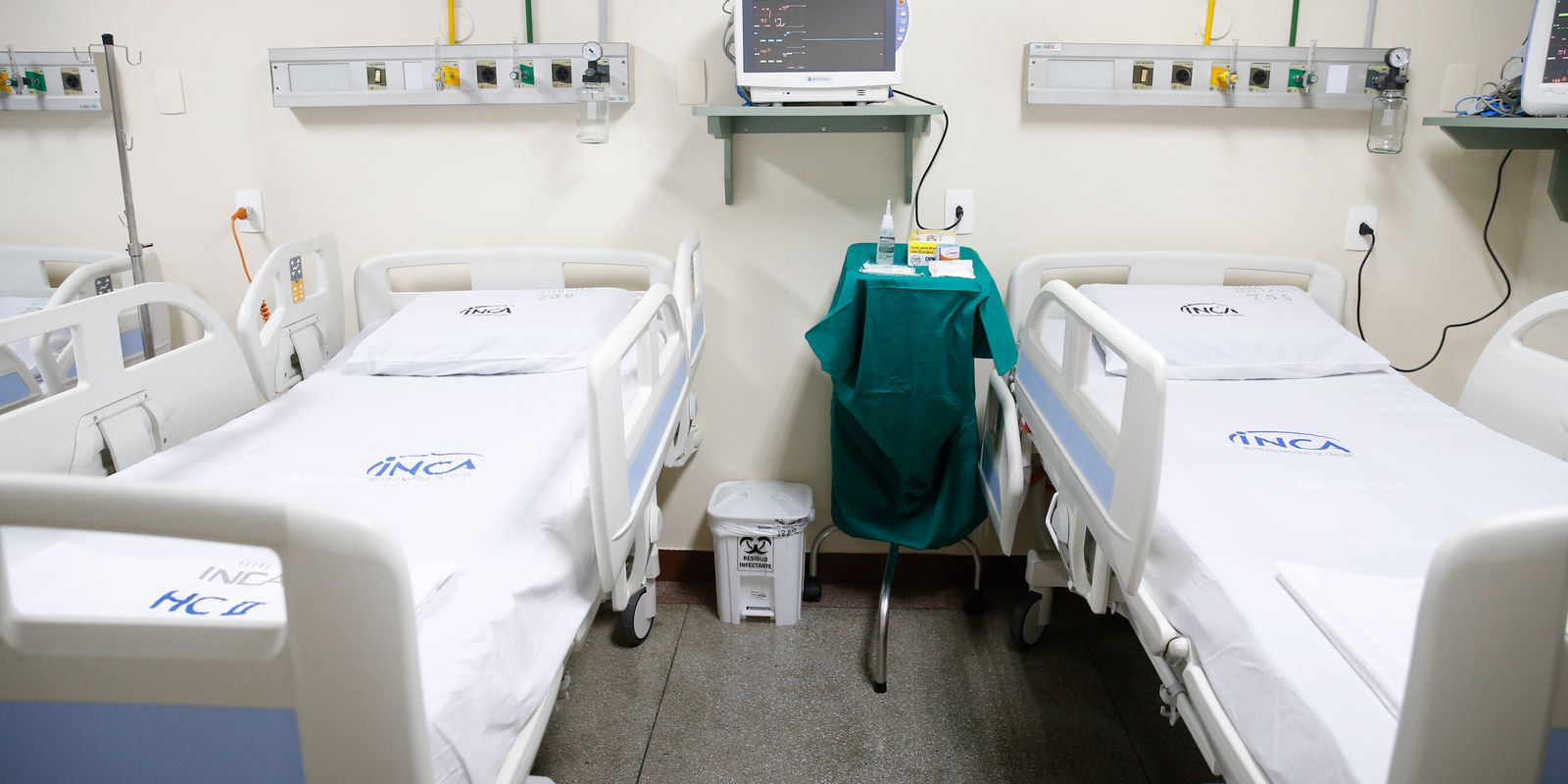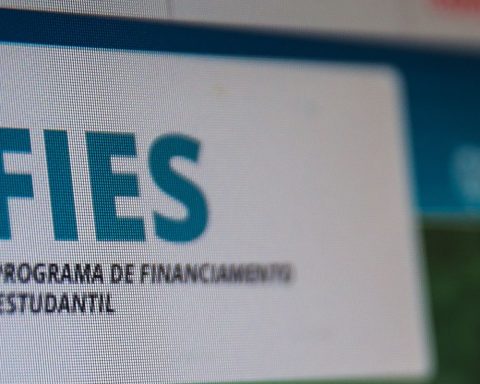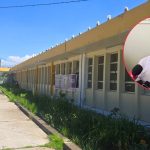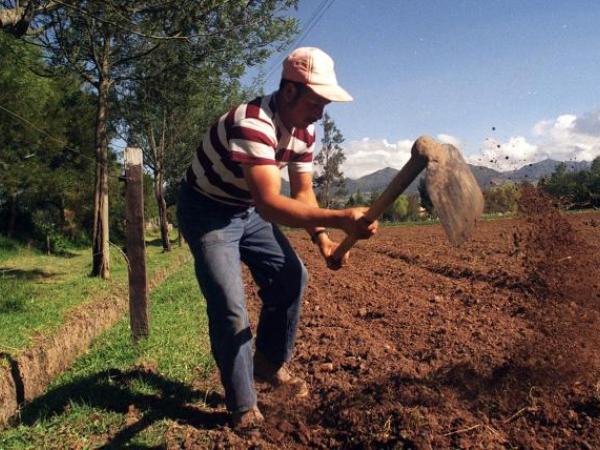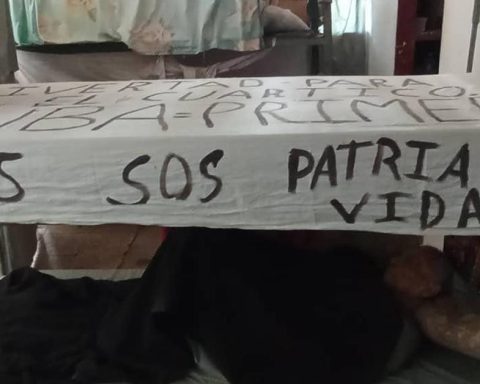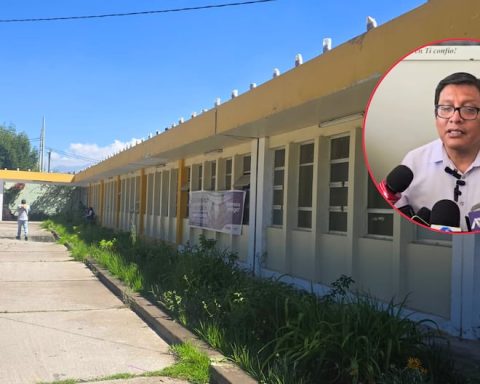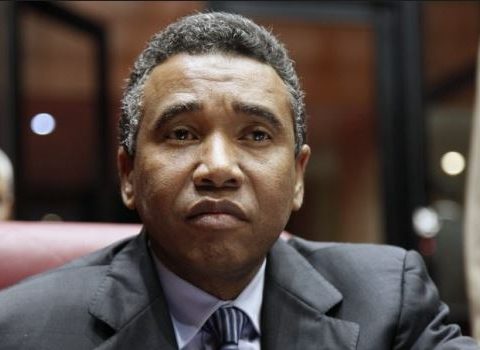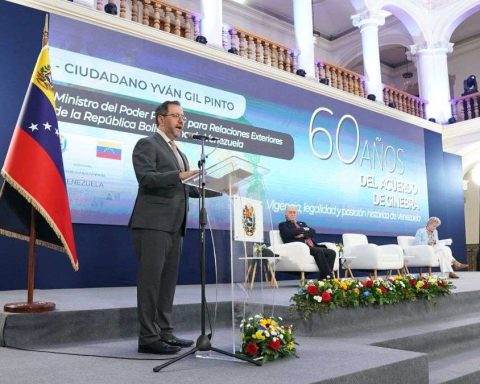World Cancer Day, celebrated today (4), reinforces the importance of raising society’s awareness of the various types of cancer, such as blood cancer. The highlight is leukemia, the theme of the Orange February. In an interview with Brazil Agencyoncologist Otavio Baiocchi, professor at the Department of Clinical Oncology at the Paulista School of Medicine at the Federal University of São Paulo (Unifesp), says that blood cancer is diagnosed by laboratory tests, mainly blood counts, in addition to additional specific tests.
Leukemias, in particular, can be divided into acute and chronic. “What changes is the time of evolution and the appearance of symptoms”, explains Baiocchi. In acute leukemias, symptoms and signs appear very quickly. The disease appears in any age group, but is more common in childhood and adolescence. Due to its rapid evolution, it generally presents alterations in the blood count that quickly install, such as anemia, low platelet counts, with a risk of hemorrhage, and low immunity, with a risk of infection. Associated with this, the person may have bone pain, enlarged lymph nodes and spleen.
“In acute leukemia, the patient often goes to the emergency room with one of these complaints: nose bleeding, fever, weakness. And, in the emergency room, the possibility of acute leukemia is identified”. Chronic leukemia, on the other hand, has more insidious symptoms, says the oncologist. It may show the same signs, such as anemia, but more slowly. Unlike acute leukemia, which affects more children, chronic leukemia is a disease of the elderly, found in people aged 60 years on average.
According to Baiocchi, there is no way to prevent leukemias. “Perhaps the best way to prevent is to disseminate knowledge, but there is no preventive test or one that suggests the onset of leukemia.” The good news is that, despite being the most common childhood cancer, it is the most curable today. “We cure more than 90% of children with leukemia. This has been happening for the last ten years, and more and more”.
Baiocchi points out, however, that knowledge and early diagnosis facilitate the cure. All leukemia treatment is still based on chemotherapy, both in the Unified Health System (SUS) and in the private network. Depending on the cases, chemotherapy may be associated with immunotherapy. There is no risk factor for leukemia, as are, for example, smoking and high alcohol consumption for other types of cancer. “It is not a hereditary disease. It is acquired in childhood and adolescence, but without a defined cause. To this day, we do not know the cause of leukemia.”
The doctor defends the carrying out of guidance campaigns, stating that the more people talk, the less myths are created. “It’s extremely beneficial to society.”
The National Cancer Institute (Inca) estimates the emergence of more than 11,000 cases of leukemia in Brazil per year, between 2023 and 2025, encompassing both child and adult populations.
penis cancer
Data obtained by the Brazilian Society of Urology (SBU) from the SUS Hospital Information System reveal that 1,933 men were affected by penile cancer from January to November last year and that there were 459 amputations of the male organ. To clarify the population, the SBU carries out, for the third consecutive year, in February, the campaign to prevent and combat penile cancer.
The disease manifests itself through a wound that causes itching, burning, a strong odor and that does not heal, even with topical treatment. It is often confused with sexually transmitted infections (STIs). Throughout the month, doctors will explain the disease, which is mutilating, on the SBU’s social networks (@portaldaurologia on Instagram and Facebook). The entity will also provide, throughout the month, classes for health agents and the general public. In 2020, 463 men died from this tumor, the SBU reported.
For the president of the entity, Alfredo Felix Canalini, this campaign is important for “compensating for the lack of adequate information and speaking clearly about such a serious problem in the country”. A simple but effective message concerns the hygiene that men, since childhood, must have in order to properly wash their penis. In addition, there needs to be more awareness of the need for surgery to treat phimosis, which occurs when you cannot pull back the skin that covers the tip of the penis, so that you can properly wash the area that is covered by this skin. called foreskin.
“In the campaign, we also disseminated information to professionals who work in basic health care, so that they can be the main multipliers of this important information”, reinforces the president of the SBU.
The director of Communication at the SBU and one of the creators of the campaign, Karin Jaeger Anzolc, says that penile cancer is impactful not only because of the mutilation and suffering it entails, but also because of the high mortality rate that accompanies the disease in its more advanced stages. “Knowing that it is one of the most preventable cancers that exist and that, with relatively simple measures, we can do it, is an encouragement. However, awareness and knowledge have not yet reached a good part of the population, so we need to continue until we can reverse this sad scenario.”
According to the SUS Hospital Information System, from 2007 to 2022, 7,790 penile amputations due to cancer were performed, which is equivalent to an average of 486 procedures per year. The years 2019 and 2018 are the ones with the highest number of cases of the disease, respectively 2,156 and 2,134. According to data available until November last year, 2018 and 2019 also had more amputations of the male organ, 639 and 637, respectively. The states with the highest record of amputations, from 2007 to 2022, were São Paulo (1,321), Minas Gerais (1,161), Paraná (633) and Ceará (526).
Alfredo Canalini reiterates that four actions help to prevent the disease. The first is proper cleaning of the penis with soap and water, pulling the foreskin for hygiene of the glans, which must be done every day and after sexual intercourse. Other actions are taking the HPV vaccine, available free of charge at SUS for the population aged 9 to 14 years; remove the foreskin, when this skin that covers the head of the penis does not allow for proper hygiene; and use a condom to avoid contamination by sexually transmitted infections, such as HPV.
Relevance
On this World Cancer Day, the International Union for Cancer Control (UICC) also coordinates a campaign against the disease. The action is reinforced by the Brazilian Federation of Philanthropic Institutions to Support Breast Health (Femama). The Inca estimate is 704,000 new annual cases of cancer in Brazil by 2025, of which 74,000 will be breast cancer.
Monuments in Brasília, São Paulo, Belo Horizonte, Salvador, Teresina and other cities will be illuminated in orange and blue this Saturday (4) to alert about the relevance of the date, while the 75 non-governmental organizations associated with Femama will carry out actions to provide clarification on the disease on social media.
Mastologist Maira Caleffi, founder and volunteer president of Femama and president of the Board of Directors of the Institute of Governance and Control of Cancer, recalls that all people should have access to essential and quality oncological services, based on their need, not in financial capacity. “Making the population aware of this and making them demand this right is one of Femama’s missions”, says Maira.
Equality
The international campaign aims to slogan For Fairer Care, which involves everyone’s access to prevention, diagnosis and treatment, regardless of financial condition and origin.
It is no exaggeration to say that having access to diagnosis and treatment saves lives, says Maira. “The numbers prove it. About 70% of deaths occur in low- and middle-income countries, considering that only 30% of them have cancer treatment services available. Among the richest countries, 90% have this structure. Cancer is a disease that has a cure. About 95% of patients who are diagnosed early get very positive results from treatment. Yes, it is possible to think about a future without dying from the disease”. The doctor warned, however, that for this to happen, “it is necessary to act now”.
The World Cancer Campaign aims to raise global awareness and encourage actions that create new perspectives for patients around the world. For Maira, one of the ways to contribute to the campaign is to disseminate quality information on prevention, diagnosis and treatment, in addition to demanding access to fairer care for all.
Among preventive care, Maira recommends the consumption of healthy foods and the reduction of processed foods; avoid sedentary lifestyle and exercise regularly; no smoking, whether conventional or electronic cigarettes; protect the skin before exposing yourself to the sun and avoid artificial tanning; get vaccinated against HPV; reduce alcohol consumption; avoid pollutants and chemicals and learn about cancer signs and symptoms.
